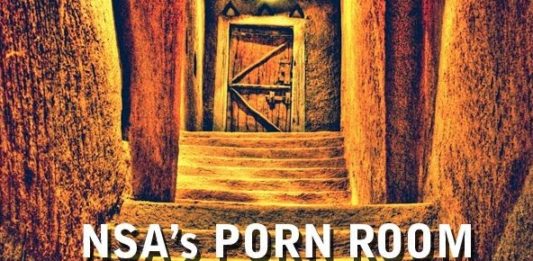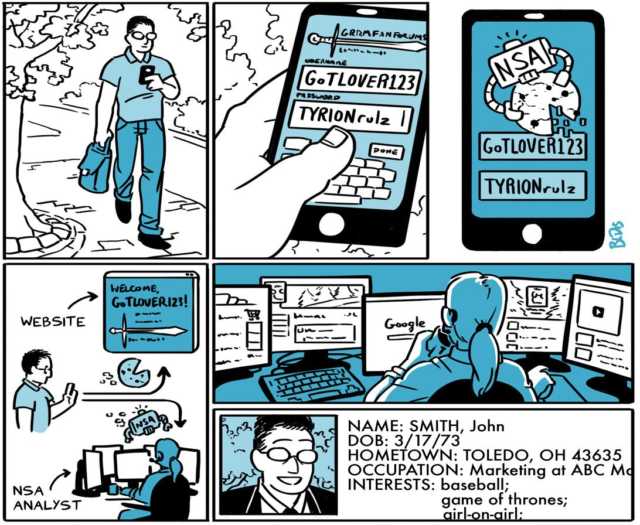

Declaiming his intent from the age of 12 "to spend every waking moment online", he honed computer skills by finding god-mode cheat codes for games like Doom and Quake, before moving on to complex multi-player games like his favourite, Ultima Online. Were it not for his early immersion in hacker culture and mastery of hacker tools, Snowden would not have become ‘Snowden’. He embraces the identity of hacker and dismantles the caricature of "patriot-or-traitor".

Snowden provides political and personal context for these issues and more in in his remarkable memoir Permanent Record. Probably the cheapest shot came in a New Yorker article by Malcolm Gladwell, unfavourably comparing Snowden to Ellsberg, calling him "a community-college dropout, a member of the murky hacking counterculture" who could not be considered a "real whistleblower". Outed in Hong Kong and stranded in Russia, rumours of a false flag operation spread across the Web. When Snowden’s videotaped statement of responsibility first aired, media responses were largely negative even the positive ones were tinged with incredulity: he was too articulate, too modest or just too good to be true. Some, like Julian Assange, make that easy others, like Daniel Ellsberg, make it harder.
The task is further complicated by the tendency to conflate the significance of the action with the character of the actor. Once the whistle blows, however, the media resonance machine goes into overdrive, making it hard to hear history’s verdict above the din.


 0 kommentar(er)
0 kommentar(er)
